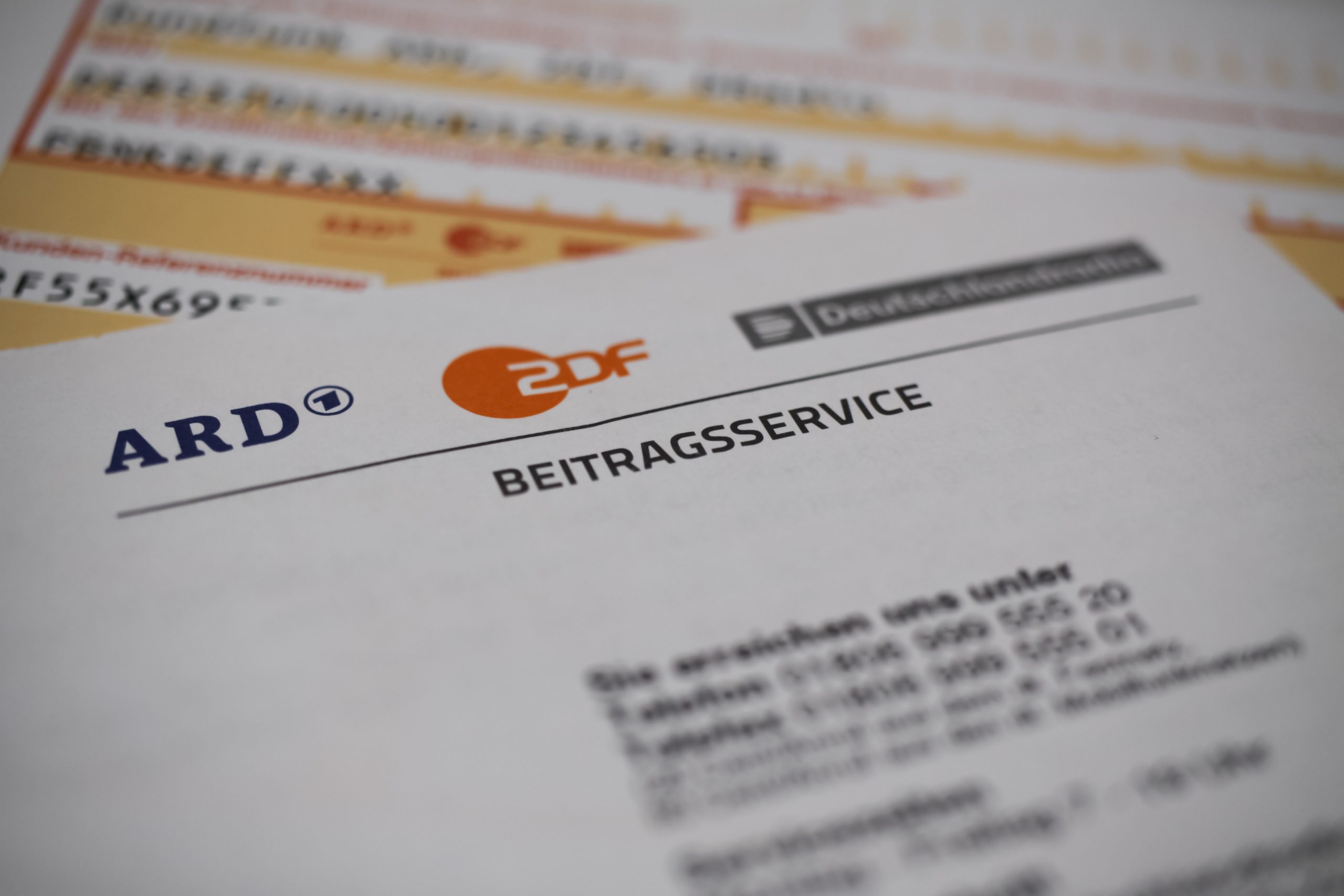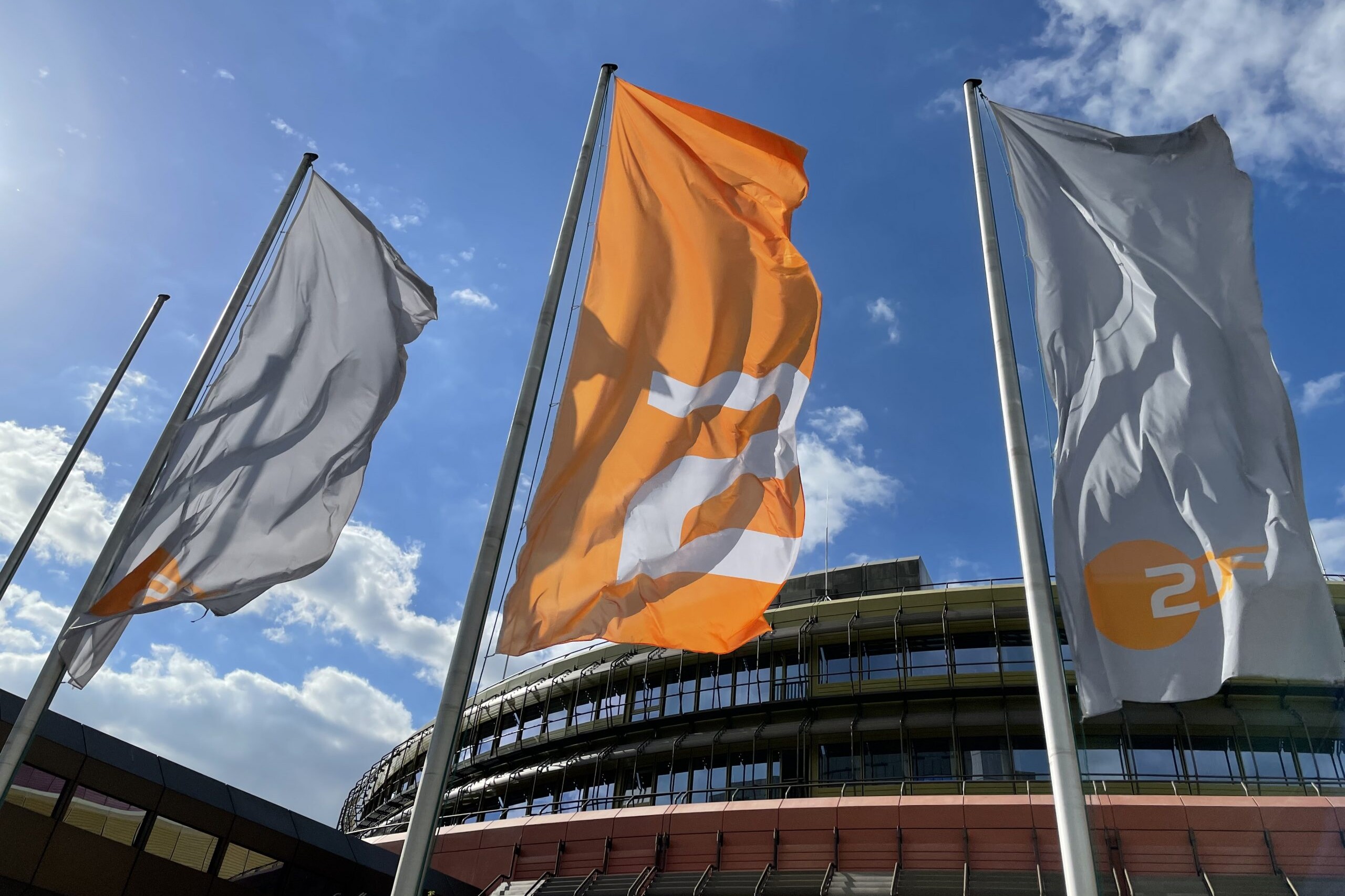Germany’s public media sector set for significant reforms
31 October 2024
A funding shakeup, a more limited scope, and a merger are all on the cards as part of a package of reforms for the public media sector of Germany, following a meeting of the 16 State Prime Ministers.

IN BRIEF:
- Reforms for public media confirmed by the Prime Ministers of Germany include a reduction in linear radio and TV services.
- No decision was made on the future financing of the public media, which has been a topic of disagreement amongst the different states.
- The heads of both ARD and ZDF bemoaned a lack of clarity over their financing.
IN FULL:
The public media sector in Germany faces significant reform, following decisions made at the Conference of Prime Ministers (MPK) in Leipzig.
According to ZDF Heute, the reform measures include:
- A reduction in the number of linear radio channels from 70 to 53;
- A reduction in the number of specialist linear TV channels;
- Spending on sports rights would be capped at five percent of total expenditure;
- All text-based content must be broadcast first.
Also on the table, but not yet decided for public media, is whether to merge German-language cultural channel 3sat with the European-wide cultural channel Arte.
Also to be decided is the funding arrangement for German public service media. The current household fee is set at €18.36 per month. The independent commission which recommends this rate, known as the KEF, this year suggested a 58 cent increase at the start of the year, but this has been opposed by several of the Prime Ministers, who do not want any further increase.
Funding still up in the air
In the previous round of funding negotiations in 2020, just one state, Saxony-Anhalt, objected to the KEF’s recommended funding rise. All 16 states must agree if it is to come into effect. In that instance, the decision ended up in the Constitutional Court, which found in 2021 that the state was acting unconstitutionally, and must comply with the recommended increase.
This time around, many more states have opposed any funding rise, some before the KEF had even made its recommendation.
As such, during the MPK, any decision on the matter was deferred. “We have actually decided not to decide anything today,” said Alexander Schweitzer, Prime Minister of Rhineland-Palatinate.
What would happen if more states were to object to an increase, and whether it would once again be decided in the Constitutional Court, is an ongoing question. Schweitzer indicated an alternative funding mechanism might be necessary.
Subscribe toour newsletter
Keep updated with the latest public
media news from around the world
Uncertainty causing concern
The lack of clarity about the funding for ZDF and ARD has created headaches for the heads of the public broadcasters.
ZDF’s Director, Dr Norbert Himmler, said it was “particularly problematic for us”.
Chair of the ARD, Kai Gniffke, concurred, saying “Unfortunately, the uncertainty still exists.” However, also finding positives in the agreement, he said: “The ARD has the same goal as the states: to make public broadcasting efficient, modern and, above all, future-proof.”
Limits on text-based content
Both ARD and ZDF already have to ensure that any digital offering is predominantly audiovisual in its presentation, and no text is in the foreground. According to ZDF Heute, the new reforms propose tightening this further, where text can only be published once a piece of audiovisual content has been broadcast. Even in an emergency, only headlines can be displayed, and further context must wait until there has been a broadcast.
Questions over how this impacts content produced and distributed through third-party platforms remain unresolved.
Overall, the reforms package, with the funding uncertainty, the reduction in services, and the restriction on youth services, were “three difficult messages at a time when I am firmly convinced that we need a strong public broadcaster” Himmler said.
Related Posts
25th October 2024
ARD-GVK and ZDF supervisory boards take positions on reforms
With German federal states announcing…
5th July 2024
Majority of population sees educational function for ZDF
For the majority of the population…
7th May 2024
ZDF and ARD start open source initiative for shared streaming network
ZDF and ARD start a collaboration on…
29th February 2024
ZDF & ARD: Recommended funding increase “challenging”
The KEF’s recommendation to raise the…
